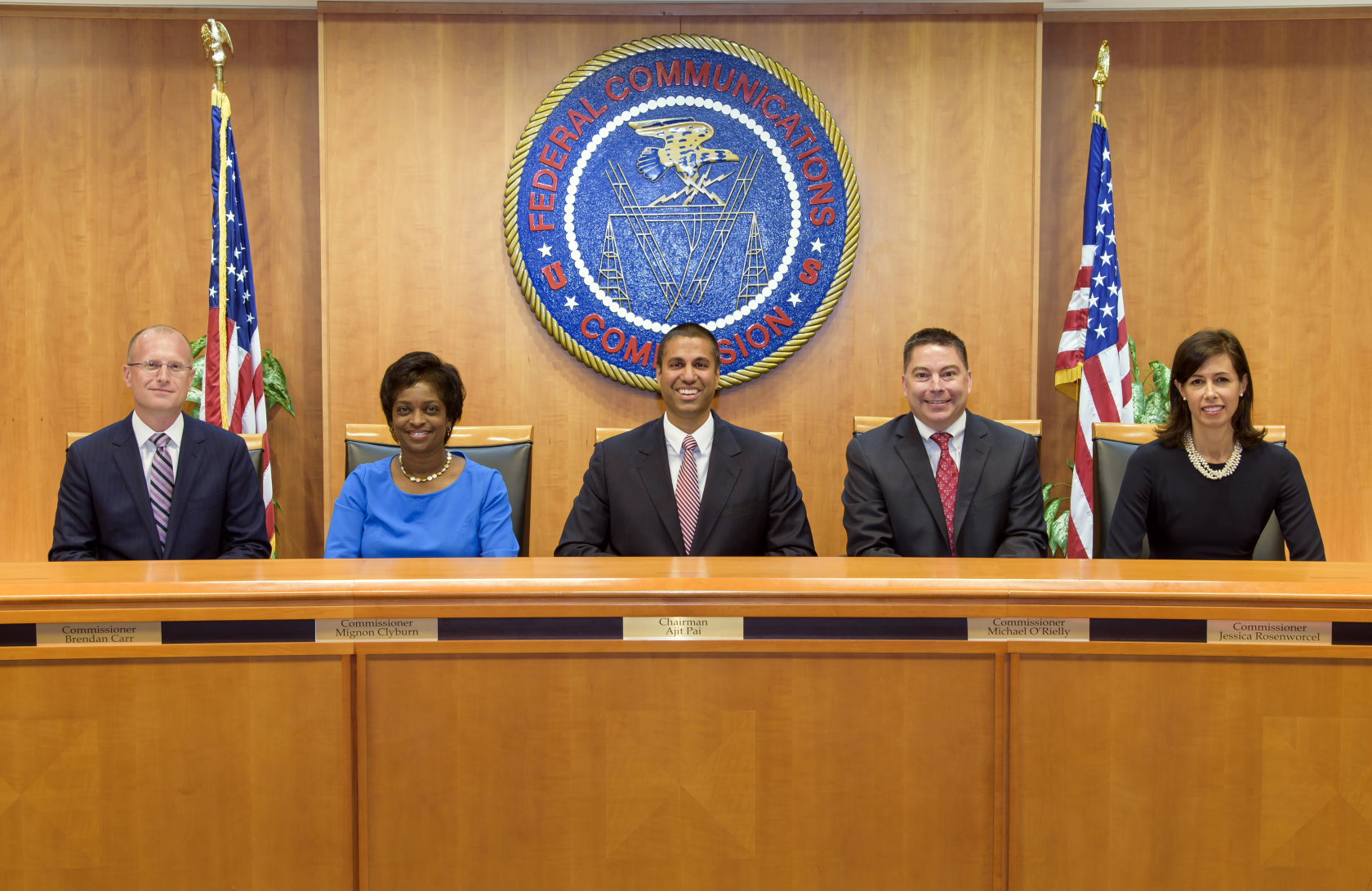Last week saw the Federal Communications Commission's chairman, Ajit Pai, release a plan to eliminate net neutrality protections. An FCC vote is set for December 14 when the repeal is expected to pass on a 3-2 majority. This may sound depressing, but there may still be some hope: the fact Pai's proposal is so extreme and lacks evidence supporting the change means it could be shot down in court.
The Supreme Court says a federal agency must "examine the relevant data and articulate a satisfactory explanation for its action." But Pai's reasoning for killing off net neutrality is far from satisfactory. He argues that since the 2015 Title II rule was brought in by the Obama administration in 2015, investment in the industry has fallen, though filings and investment calls show an increase in internet investment over the last two years.
As reported by the New York Times, Pai will also have to explain to a court why he wants to remove the bans on blocking and throttling that have been in place since 2005. "A mere change in F.C.C. ideology isn't enough," writes Tim Wu, the man who came up with the term "Network Neutrality."
Additionally, as so many Americans are against the FCC's plans---76 percent of citizens support net neutrality---the courts may be more likely to oppose Pai.
Following news that the FCC intends to tell state and local governments that they cannot impose local laws regulating broadband service, lawsuits challenging the net neutrality repeal order seem inevitable.
